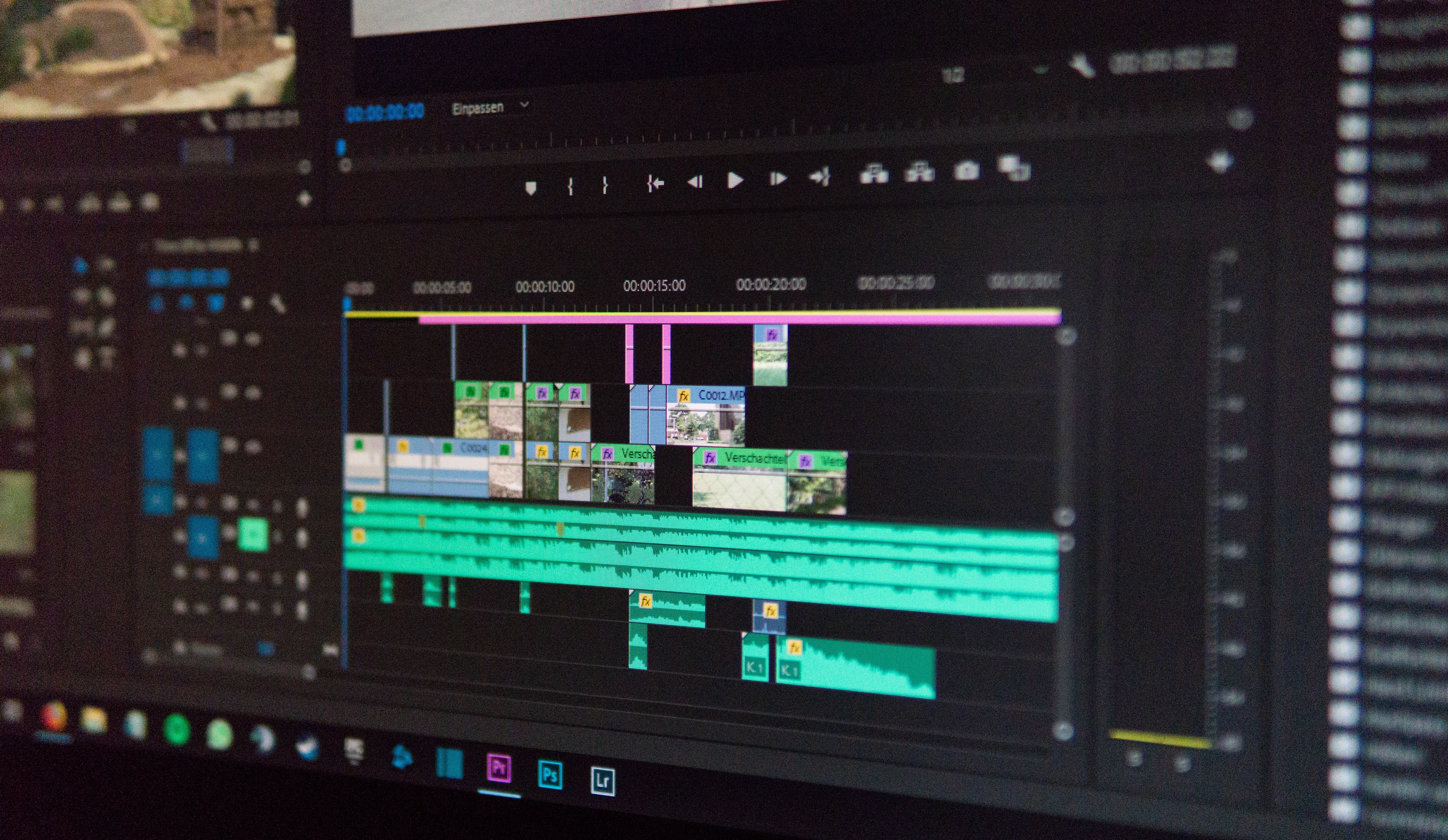What Is Evergreen Content?
Evergreen content is a powerful tool and a great tactic in any inbound marketing strategy. By utilising this concept, you can create valuable content...
Wellmeadow supports ambitious companies with business growth enabled by HubSpot.
We've worked with over 100+ businesses at board-level across sectors such as automotive, manufacturing, healthcare, legal, SaaS, and professional services.

%20(A4).png?width=71&height=100&name=portrait%206-box%20model%20diagram%20(1170%20x%207051%20px)%20(A4).png)

-1.png?width=70&height=70&name=Square%20(1)-1.png)
4 min read
Verity Gibson
:
Updated on September 28, 2023

So you have just spent days creating the latest content for your upcoming campaign, but have you considered how you could truly maximise that content to get the most out of that time and resources? Repurposing content is a great way to ensure you are getting the most from your content whilst still providing great, engaging content for your audience.
THE BENEFITS OF REPURPOSING YOUR CONTENT
Repurposing content has some great benefits when done well. Firstly, it makes the most of your invested resources. Creating content takes both time and money, so by repurposing content it can really help make that investment more effective. For example, taking a blog and publishing the copy as a Twitter thread or LinkedIn post.
The next benefit is that by repurposing content you are able to reach a wider audience by utilising different platforms. Not every form suits every business, just as not every platform suits every person. Buyer personas still need to be considered as to what works best for your identified audiences, but that does not mean it needs to be entirely different pieces of content for all platforms.
You can more easily meet your audience's demand for content. Creating quality, valuable content boosts the demand for your posts. Planning ahead and ensuring the content made can be used on multiple platforms then makes less work for you as well as keeping the audience engaged. For example, if filming an interview to be shown on YouTube, consider the framing of the shots so they can then also be used on TikTok and Reels. That initial 10 minute interview could be broken down into 1 minute sections per question, meaning one interview has potentially given you 10 video clips to use on TikTok, with just the time spent to re-edit it.
Did you know we have a podcast? We did a great episode on content leveraging and the benefit to SMEs, have a listen now.
Also available to listen on Apple Podcast, and click here for all other available platforms.
REPURPOSING YOUR OLD CONTENT
Another great benefit is that you can repurpose previous content, giving it new life and new opportunities to engage. It may seem overwhelming where to start when trying to decide what content to repurpose, start by looking at what content is performing well, in particular consider what would qualify as evergreen content. Evergreen content is defined by:
Evergreen content is content that is regularly accessed by your audience and continues to provide beneficial information as the material is not time sensitive.
These could come in the form of a blog posts, YouTube videos, ebooks to name a few examples. Evergreen content creates long term traction, so by repurposing it, that will open up the potential for increased engagement on a different platform. One suggestion could be to turn a blog into a video by adapting the copy from the blog as a script. The video form will appeal to a potentially different audience to the blog, meaning the same content is now reaching a wider range of potential customers.
Additionally, consider content that has had positive traction. Maybe it could be adapted to be evergreen, or even be more beneficial in a varying form. It is important to identify success content to understand what your audience is looking for. This can then help inform what you create for future content, how to target it and get the most from the content you are creating.
IDEAS FOR REPURPOSING CONTENT
There are numerous ways to repurpose content, we've already mentioned adapting a YouTube video for TikTok and using blogs as long-form posts on social media, here are 5 more common ways to repurpose your content to get you started:
1. Create an Ebook from similar topic blog posts
Compile all your expertise and knowledge in one resource by creating an Ebook with blogs you have already written! By repurposing existing blog content, it would massively shorten the creation time as opposed to creating from scratch. An Ebook can be a great method for creating traffic to your website, as well as a valuable tool to capture data of potential customers by placing it behind a form.
2. Create audio and video content from blog posts
A blog post can be a great basis for a script to then create a quality audio or video piece from. Some people prefer to learn via audio and video so adapting a blog post can be a great way to engage with individuals who would not have interacted with the blog in the first place. Focus on what you wanted the key takeaways from the blog post to be, use the existing copy to ground tour script and go from there.
In the UK it is estimated that 1 in 4 adults regularly listen to podcasts and steadily growing, so getting into podcasting starting with your blog content could be a great entry point. Similarly, video content is becoming more and more important for an effective strategy, so if you're looking for am easy start point, adapting a blog post could be the way to go.
Hubspot have a great tutorial video on how to start this process:
3. Use your monthly blog posts and social media posts for a newsletter
A newsletter is a great way to send regular updates direct to your contacts inbox. Double up on the time spent planning your social media updates by using the same content in the newsletter. Similarly, by featuring your blog posts, the majority of the content is ready for you. This also presents the opportunity to gain further traction and interests on blog posts that the audience may have missed at the point of publication.
4. Create infographics from previously collected stats for social media
Finding the data for your blog posts can be time consuming, so make the most of that time by creating eye catching graphics for social media with that same data. You could then incorporate the graphic into the blog. Infographics are a great way to quickly communicate a statistic and get your audience thinking. When used on social media, the posts could then refer back to your related blog posts to keep driving traffic back to your website.
5. Create a pillar page to feature all content for a topic
Want to truly demonstrate your expertise and create a valuable asset for customers, a pillar page can be a great option. By creating this page on your website, it highlights all your blogs, videos, resources etc around one topic. An example of this would be a chef's website with a pillar page highlighting all family dinner recipes for an example. The page pulls together all the possible content, and repurposes it from that initial stand alone post. Then when that content it is accompanied by additional content, it can create a valuable resource for your audience.
Interested in how we repurpose content? Have a look at our case study with fishmonger Cornalls, we created them a new website, video content and then pillar pages to combine the relevant content in one place.

Evergreen content is a powerful tool and a great tactic in any inbound marketing strategy. By utilising this concept, you can create valuable content...

Video is becoming more and more important for content creation. Did you know that 72% of people prefer learning about a product or service via video?

Did you know that that 90% of podcasts fail before releasing 3 episodes? Read our guide to get yourself on the right track to podcasting success.